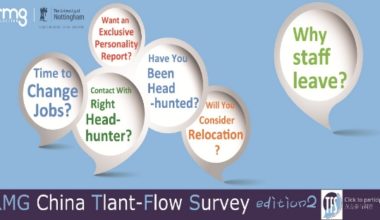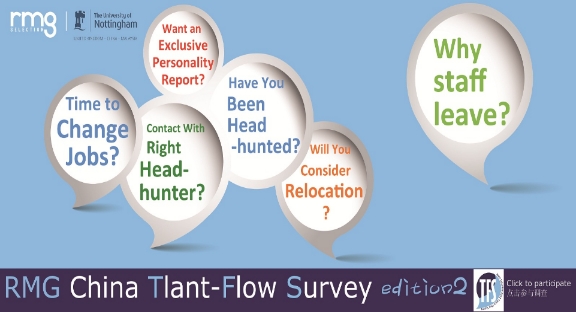 By ROBERT PARKINSON
By ROBERT PARKINSON
The week-long National Day holiday at the beginning of October is a firm favorite among Chinese employees. It is a prime time for them to ask for leave to go traveling or visiting relatives in other cities. However, if you are about to email to your Chinese boss to ask for 20 days of annual leave to travel somewhere in China, then I have to stop you right there! It is confusing enough for expats to understand the complicated Chinese holiday exchanging rules–holiday anomalies rules, but you are about to discover another culture shock – the difference between East and West when asking for leave.
Many expats give their Chinese bosses a bad impression when asking for leave. In fact, “random” and “impolite” are often used to describe expats’ manner of doing so. So I would like to share with young expats the Chinese-friendly way of asking for leave. In particular it’s time for those who work in local private firms or state-owned enterprises (SOEs) to pay attention.
Let’s talk about taking sick leave first. Over the years I have heard from HR managers who complain about young expats who do not follow the correct protocol for taking sick leave: They don’t feel well, so they take the day off without informing the HR department or their line manager. The next day, they stroll back into the office. There is nothing wrong with asking for sick leave if you feel sick. However, you need to follow company procedure. For instance, in some Chinese companies it’s necessary to supply a note from the doctor to get approval for sick leave.
If you are seriously ill with a potentially contagious ailment, you should not come to the office and expose colleagues to your germs. If the condition is mild – one that does not affect your work or the health of your colleagues – then you are fine to come into the office. On the other hand, if you need to rest at home, it is important to notify your line manager before applying to the HR department for sick leave. It is also necessary to inform any colleagues you might be working with on a project or in a team to re-arrange the workload.
In some Western countries, when employees need to take a long period of leave, say, one month, to take care of sick family members, they still get their basic salary during the leave. The terms depend on local government regulations. Therefore, you should not take the labor rights you enjoy in America or Germany for granted in China. For employment of foreigners in China, such terms as working hours, leave and vacation, work safety, health and social insurance should be in accordance with local regulations. Therefore, if you really need to take a month of sick leave, then you must explain this and discuss the situation with your Chinese line manager. In some local companies, especially SOEs, line managers do not have the power to make the decision. In this case, you must go to the head of your business unit. Fortunately, most Chinese managers and colleagues understand that expats are different from them – at least, your hometowns are much further away than theirs – so expats are often granted holidays more readily than their Chinese counterparts.
In addition to sick leave, annual leave is confusing for expats. If you currently work with local companies in China, then you will probably be shocked by the number of days of paid annual leave that Chinese employees enjoy – five days in the first 10 years of their careers, 10 days for the next decade and 15 days, the maximum, for the years beyond. Compare that to some European countries, where employees can enjoy a minimum of 30 days of paid annual leave and you might feel sorry for Chinese employees. Expats who work at the senior management level in multinational companies in China mostly enjoy the Western annual leave entitlement, but on the whole, the number of days of annual leave for expats varies from seven to 20.
Surprisingly, what to expats is one of the most valuable deal-makers when signing a contract is normally forfeited by employees in China. This often happens in small and medium-sized Chinese companies. When you ask for annual leave, it suddenly becomes awkward for your Chinese manager. If they approve your 20 days annual leave application, how are they to explain this to your co-workers? If they do not approve your request, then they risk upsetting you. This is just one of the difficulties a manager has to deal with.
I would suggest that you consider your holiday arrangements carefully before signing a contract with a Chinese company. It is also not the norm in European countries to take a month off in a company. Put yourself in your employers’ shoes – wouldn’t you be worried about your performance after a month away? Besides, you have to assure your Chinese boss that you can pre-plan your workload before taking the holiday. In this way, you help your manager out the problem of being short-staffed.
This is one angle to help expats get along with Chinese bosses. If you have never considered any of the issues described above, it’s probably time to check your record and get the leave application right next time.
To read the original post

